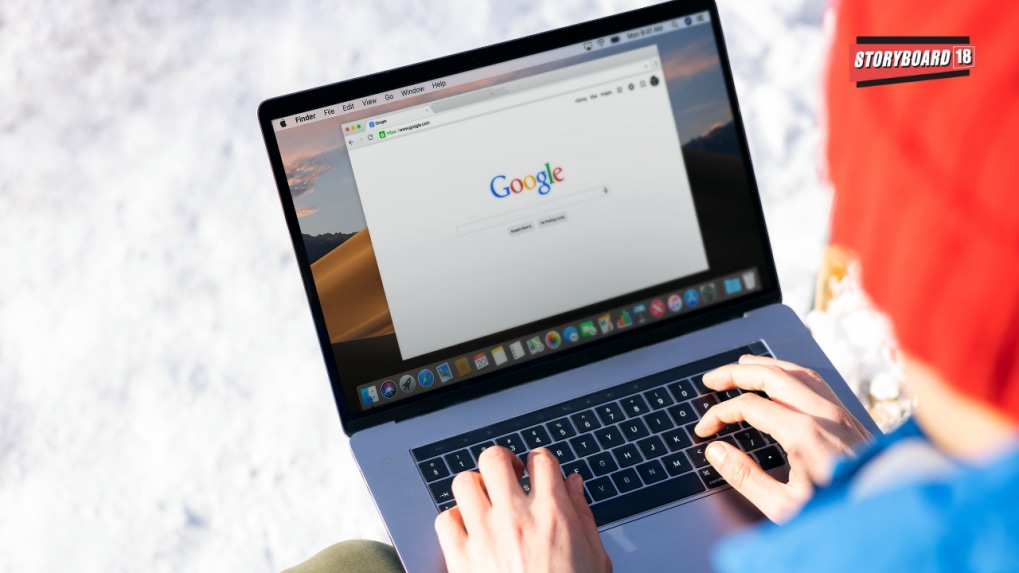Advertising
From Pink Slips to Silent Sidelining: Inside adland’s layoff and anxiety crisis

In a bold new step toward online safety, Google is testing AI-driven “age assurance” tools that can estimate a user’s age based on activity and restrict access to content or features if the system suspects the person is under 18. The feature, being piloted with a small group of users in the US, is part of Google’s broader mission to create a safer internet environment for kids and teens.
Using machine learning, Google will analyse behavioural signals — like search history and YouTube viewing habits — to predict the user’s age. If the system flags a user as a minor, it will automatically enforce protective settings across Google platforms. These include turning off location tracking in Google Maps Timeline, disabling personalized ads, blocking access to age-restricted apps on the Play Store, and displaying bedtime reminders on YouTube.
Users who believe they’ve been wrongly classified as underage will be given the option to verify their age through a government ID or a selfie. Google has said that the process is privacy-conscious and designed to keep personal data secure, with no detailed user data shared with external apps or services.
This new AI-based age detection system is the latest in a series of initiatives by Google aimed at youth safety. Other tools in the lineup include YouTube Kids, Family Link parental controls, and default privacy settings for teens using Google accounts.
As AI becomes more integrated into everyday experiences working with technology, Google’s approach to age detection seems like a shift toward protection of younger users. While it raises new questions about data and identity, the move underscores a growing industry trend: using AI not just for personalisation — but for protection.
From purpose-driven work and narrative-rich brand films to AI-enabled ideas and creator-led collaborations, the awards reflect the full spectrum of modern creativity.
Read MoreLooking ahead to the close of 2025 and into 2026, Sorrell sees technology platforms as the clear winners. He described them as “nation states in their own right”, with market capitalisations that exceed the GDPs of many countries.